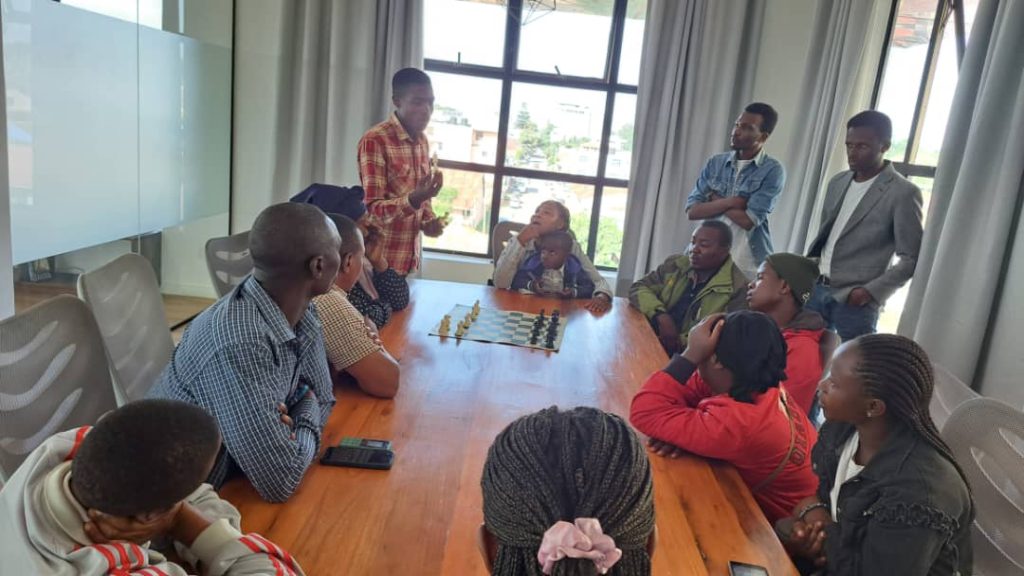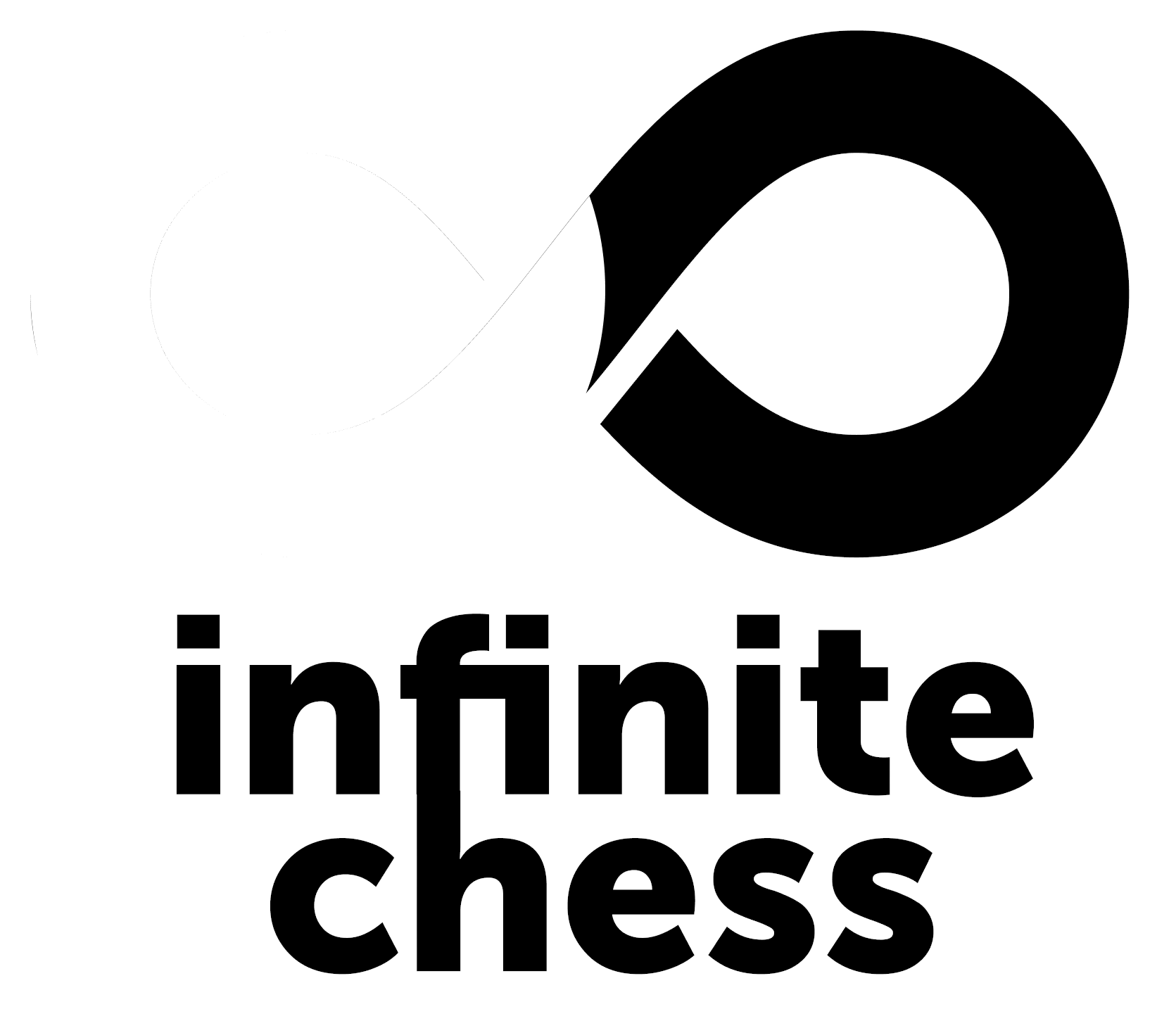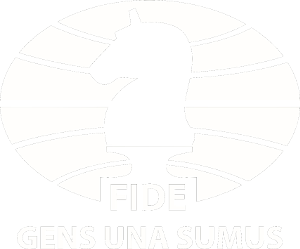The official launch of the chess project for people with autism spectrum disorder organized by the Iyanna Foundation took place on January 24 in Kaloleni Primary School, Arusha, Tanzania.
First, an introductory meeting was arranged with the parents/guardians of kids with autism from Kaloleni Primary School who have been selected to participate in the Infinite Chess program. Three Iyanna Foundation chess coaches, three chess tutors and the head teacher of the school were also present.
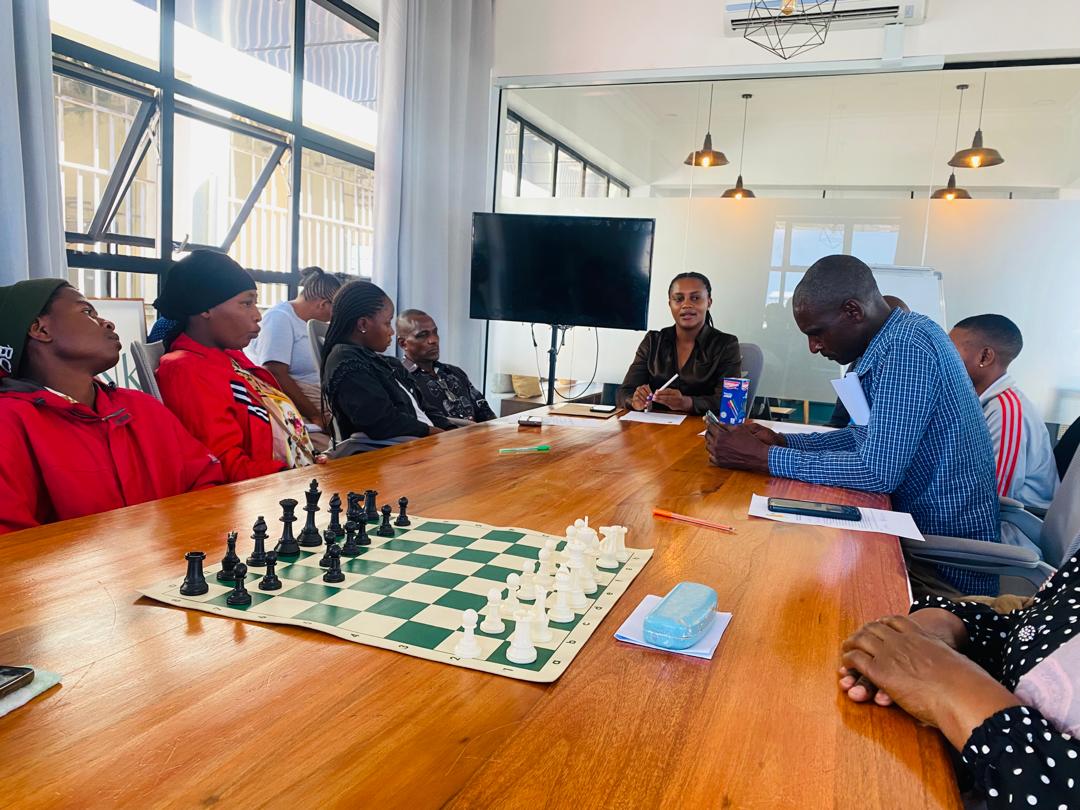
The agenda of the meeting was to raise parents’ awareness of the Infinite Chess program and its impact on children’s mental health and skills needed for adaptation in society. Maria Tamkovich, project coordinator, and Prisca Lema Iyanna, CEO of Iyanna Foundation, introduced the project and shared the experience of other countries that had joined the initiative earlier.
The follow-up questions from parents mainly concerned the influence of chess on children with autism spectrum disorder and their daily lives. Project officials explained the benefits of chess, and most parents agreed that it is something that they would love their kids to be a part of. Moreover, some parents expressed a desire to learn chess alongside their children to support them at home.
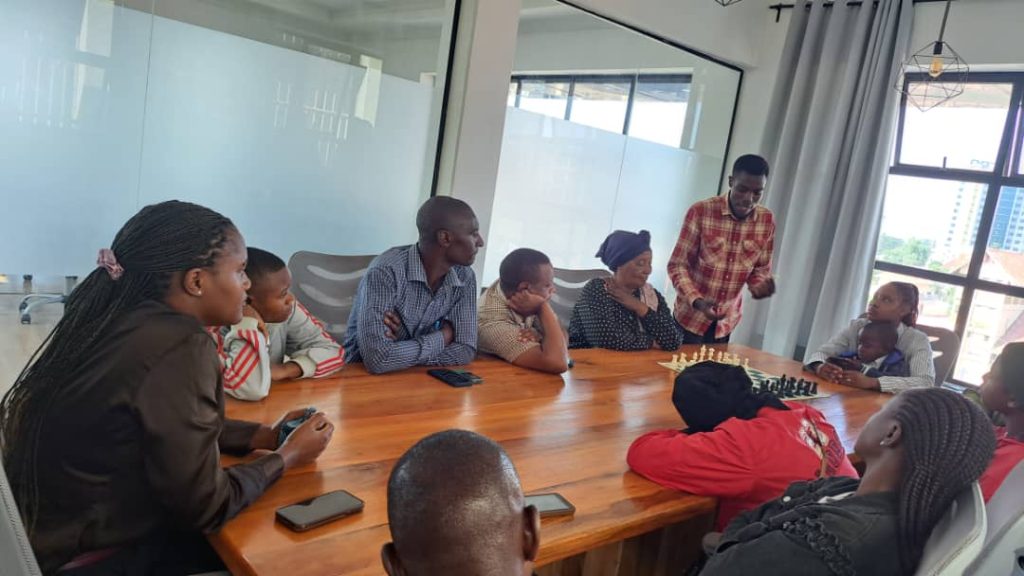
The program is tentatively planned to start this week. The chess classes will be held once a week but with the flexibility of adding one additional day depending on the children’s reception.
About Infinite Chess project:
Spearheaded by Anastasia Sorokina, Chair of the FIDE Commission for Women’s Chess, a pilot Infinite Chess project was launched in January 2021 in six countries: Spain, Turkey, France, Gibraltar, South Africa and Norway. Currently, it is already running in 12 countries – Albania, Cyprus, France, Gibraltar, Latvia, Malaysia, Mongolia, Morocco, South Africa, Spain, Taiwan, and Turkey – and involves 130 children with ASD.
The “Infinite Chess” training program for teaching chess to children with autistic spectrum disorder (ASD) is available in several languages — English, French, Spanish, and Russian. Recently, it has been translated into Arabic language and published on the project’s website.
To learn more about the initiative, visit its official webpage: infinitechess.fide.com
